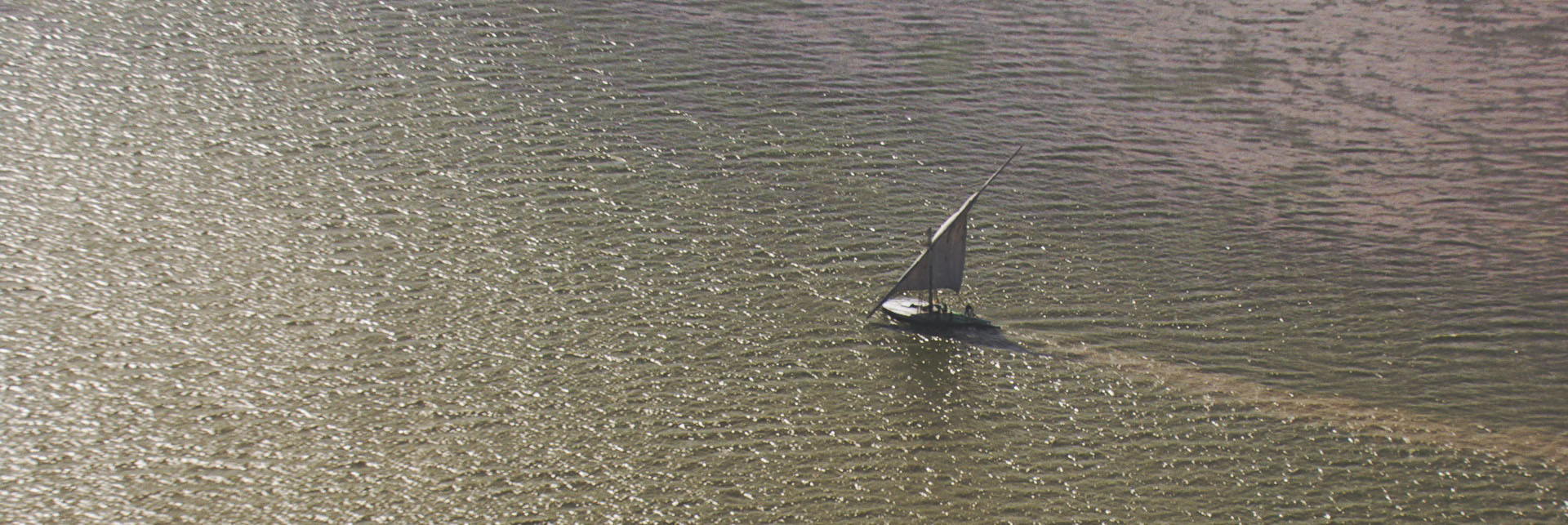The history of fishing dates back to prehistoric times and at least to the Paleolithic period (around 40,000 years ago). This is evidenced by the remains of bones, scales or fish bones found in camps, on the seashore or in wetlands and around homes in prehistoric excavations (these archaeopaleontological clues make it possible to reconstruct the size of the fish preferred by the populations who left them, or even the age of certain fish.
Fishing and fish consumption have been constantly increasing since the 1950s. According to the FAO (Food and Agriculture Organization of the United Nations), in 2000, 142.5 million tonnes of fish were caught, of which 96.7 were intended for human consumption, or 16.2 kg per inhabitant. In 2013, production amounted to 162.8 million tonnes.
Fishing has many environmental impacts. The first symptoms of overexploitation of the seas appeared in the 19th century with the decline of certain cetaceans (whales, sperm whales) and fish (salmon in particular) then with the near disappearance of whales, victims of overfishing by whaling ships.
Aerial footage of fishermen

